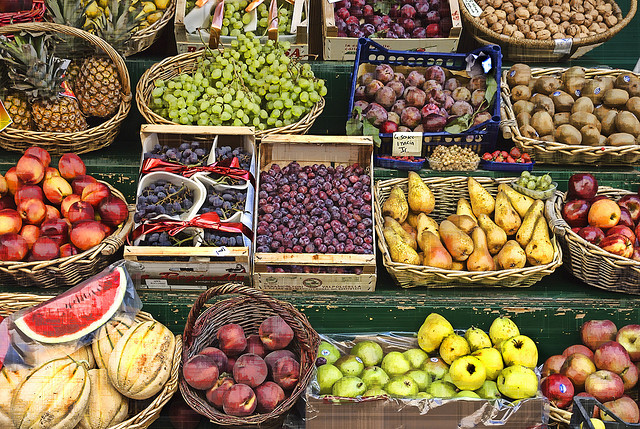Food Mondays: Food sovereignty in the Middle East
By

Food Mondays: Food sovereignty in the Middle East
By
We shouldn’t forget that the “Arab Spring” started when Mohamed Bouazizi, a Tunisian street food vendor, set himself on fire to protest the confiscation of his produce and the humiliation he suffered at the hands of municipal authorities. (Worldview reported on food’s role in the Middle East uprisings last summer in this James Beard Foundation Award-nominated segment.)
Lebanese agronomist Rami Zurayk has charted the collapse of traditional agricultural livelihoods in the Middle East since the 1980s. In his book Food, Farming, and Freedom: Sowing the Arab Spring, Zurayk explores how the region’s politics have affected food production. He rarely pulls his punches when identifying the obstacles to effective and sustainable development:
While recognizing the potential of civil society, I remain extremely critical of its work, its approaches, its capabilities and its achievements…However, I believe that civil society organizations, and especially NGOs, can contribute to social change if they are willing to take radical positions, to involve themselves in politics, and to steer clear of donor dependency…
For our Food Monday segment, Zurayk tells Worldview how escalating food prices and growing food insecurity contribute to the political instability of the Middle East.